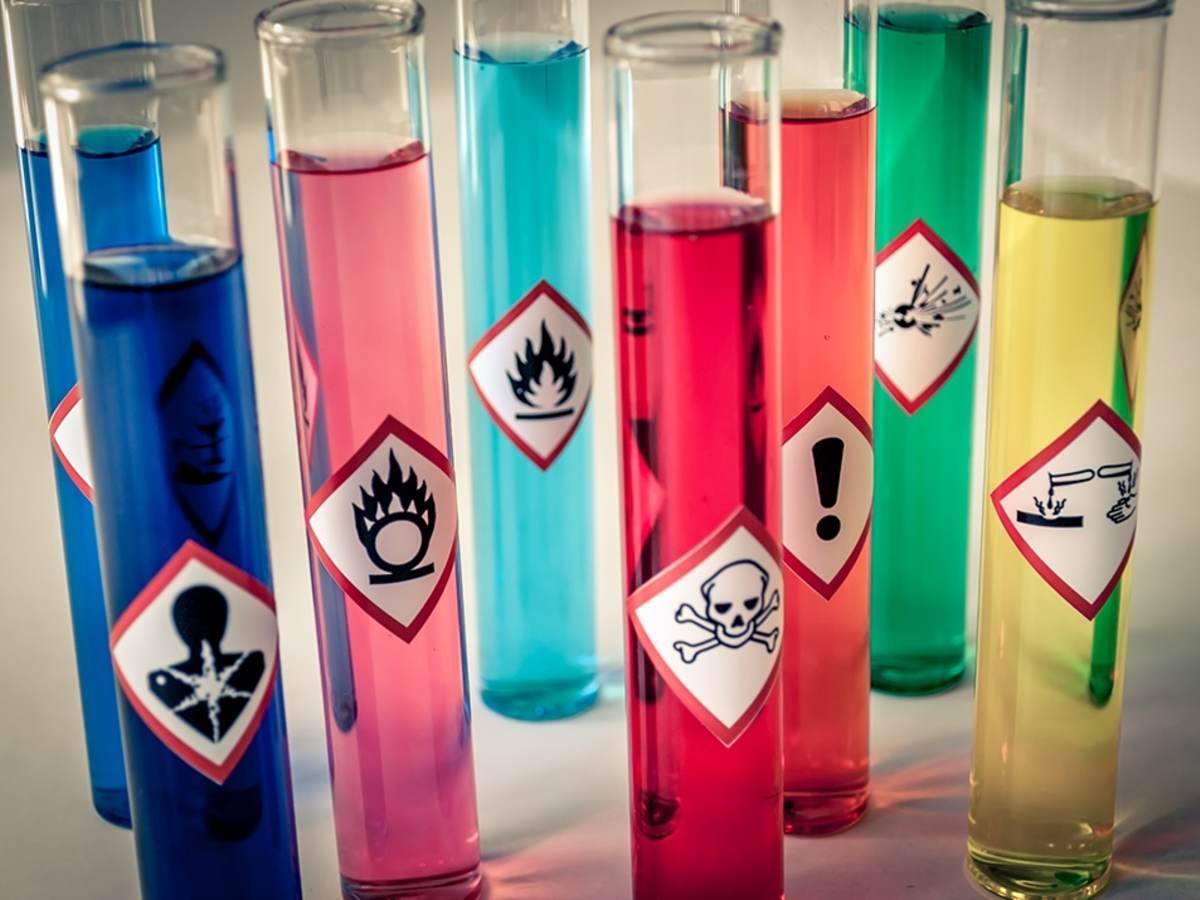July 19, 2023
By Krystal Spickler, program manager, Supply Chain team, UL Solutions
On June 13, 2023, Canada’s Bill S-5 (Strengthening Environmental Protection for a Healthier Canada Act) received royal assent. The bill was initially published in early 2022 and is marked as the first major reform to the Canadian Environmental Protection Act, 1999 (CEPA) since its creation.
Review of CEPA
CEPA is a primary human and environmental protection act in Canada, aimed at pollution prevention and management of toxic substances. Under the Act, activities may be taken to address issues created by pollution or toxic substances not covered by other federal Canadian laws as a joint partnership between Environment and Climate Change Canada (ECCC) and Health Canada. Action can include assessment of substances or materials for hazardous properties, which would include additional regulatory steps (such as regulations or guidelines) to control the substances once classified as toxic under the Act. Evaluations are also conducted for new substances prior to manufacture or import into Canada under the New Substances Program, as well as maintenance of the Domestic Substances List (DSL) which contains a list of substances in use prior to the New Substances Program.
Changes to CEPA under the new amendments
At its core, the bill also exemplifies the first federal action taken to formally recognize the right to a healthy environment. It will also bring stronger protection against toxic chemicals and pollution.
Under the bill’s requirements, future decisions enabled by CEPA should be made while respecting the right to a healthy environment. A coming framework (within the next two years) will provide additional guidance—including the key principles of “environmental justice, non-regression, and intergenerational equity”. These principles ensure that vulnerable populations are protected, that a continuous-improvement decision making approach is used, and that present needs can be met while considering the needs of future generations. Annual reports will be provided by ECCC and Health Canada.
In addition to the aforementioned, the bill’s passage will also bring change in several other impactful ways. Among these:
- New plan of chemical management priorities: Timelines, reduction of animal testing, class-based assessments, and other information important to the prioritization of ongoing chemical assessments; to be reviewed every eight years minimum.
- Development of a watch list: List of chemicals “capable of becoming toxic” that warrant additional action with changes in uses or other criteria—to facilitate better selection of alternative chemicals and reduce the likelihood of regrettable substitution.
- Additional communication during the decision-making process: Allowances for citizens to request chemical assessments, transparency to timelines for assessments and for subsequent action when risk management is deemed necessary; also includes a two-year assessment period timeline.
- Increased attention and prioritization of prohibition for substances determined toxic under CEPA and posing the most risk, including those that are persistent, bioaccumulative, carcinogenic, mutagenic, or reproductively toxic; this will include restructuring of Schedule 1 into two parts.
- Modification of the Food and Drugs Act, which expands the Minister of Health Canada’s power to include management of risk of drugs
As noted, an implementation framework is to come, with much action required to happen within the next two years. This work will include engaging Canadians for feedback.
References
Bill S-5: Strengthening Environmental Protection for a Healthier Canada Act
Bill S-5 Official Text
Bill S-5 - Summary of Amendments
Regulatory Roundup Newsletter
Never miss an update
UL Solutions, the global safety science leader, can keep you updated on the latest events with a variety of materials, ranging from the latest regulatory news, webinars, white papers, events, industry insights and more.
Subscribe to our monthly Regulatory Roundup Newsletter and stay up to date on current and upcoming regulations and all the latest chemical industry news.
Safety Data Sheet (SDS) Authoring and Labeling Services
Create, maintain and distribute comprehensive SDSs and labels to meet your increasingly complex global compliance requirements.
Chemical Regulatory Compliance
Manage your chemical compliance needs with the help of global regulatory expertise and leading resources.
Chemical Compliance Training
We provide a series of chemical regulatory training programs designed to help understand the diverse set of requirements and how to confront them.
Get connected with our sales team
Thanks for your interest in UL's products and services. Let's collect some information so we can connect you with the right person.





